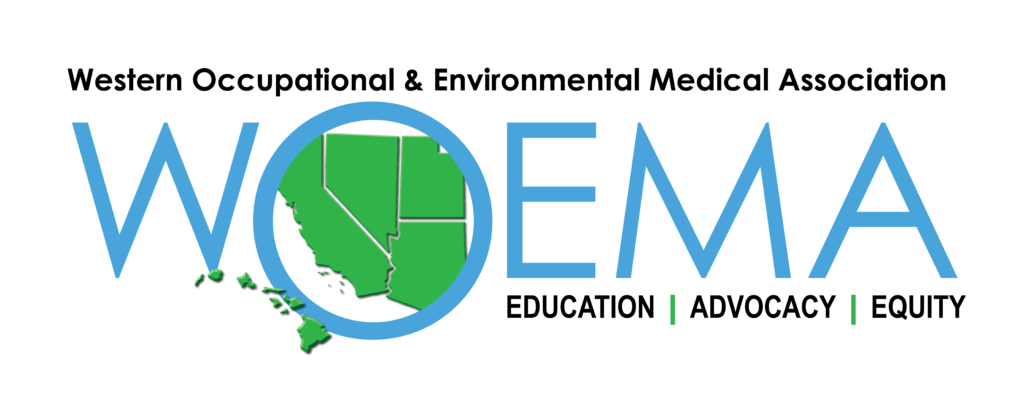WOEMA Celebrates Black History Month 2022
WOEMA Honors Black History Month 2022
This month, the JEDI (Justice, Equity, Diversity, Inclusion) Committee invites you to join WOEMA as we honor Black History Month, an annual commemoration of achievements by African Americans and a time to recognize their central role in US history.
The story of African Americans is one of hope, resilience, courage, and triumph. Data from the US Census Bureau and the US Bureau of Labor Statistics demonstrate that the Black or African American alone population contributes significantly to US society (see Table).
| Black or African American population Characteristic | N (% of total) |
| In US population | 41.1 million (12.4%) |
| In US workforce | 33.6 million (12.3 %) |
| In community & social service occupations1 | (19.7 %) |
| In healthcare practitioners and technical occupations2 | (12%) |
1Includes substance abuse and behavioral disorder counselors, mental health counselors, marriage and family therapists and social workers.
2Includes physicians, dentists, dieticians & nutritionists, pharmacists, physician and dental assistants, physical therapists, nurses, midwives, and medical technicians.
The theme of Black History Month 2022, Black Health and Wellness, is especially relevant to our medical specialty. It acknowledges the legacy of not only Black scholars and medical practitioners in medicine, but also other ways of healing (e.g., birth workers, doulas, midwives, naturopaths, healers, etc.) throughout the African continent and African diaspora.
Martin Luther King, Jr., said "of all the forms of inequality, injustice in health is the most shocking and inhumane". The COVID-19 pandemic not only revealed the impact of racial inequalities in our national health system, but also brought social and racial injustice and inequity to the forefront of public health. COVID-19 data shows that communities of color (Black/African American, Hispanic/Latino, American Indian and Alaska Native populations) in the U.S. are experiencing higher rates of hospitalization and death. Black and African Americans have died from COVID-19 at 1.4 times the rate of Caucasian Americans.
Commendable efforts are being made to identify and combat existing disparities. African Americans have embarked on self-determination, mutual aid and social support initiatives to build hospitals, medical, dental and nursing schools (Historically Black Colleagues and Universities, HBCUs) and community clinics through collective efforts of individuals, grassroots organizations and mutual aid societies.
In commemorating Black History Month, we highlight several pioneering individuals with ties to public health or public service:
Dr. Rebecca Lee Crumpler was the first African-American woman to earn a medical degree.
Charles Richard Drew was a physician, researcher, and surgeon who revolutionized our understanding of blood plasma.
Alfred Day Hershey, PhD., geneticist, became the first African-American to share a Nobel Prize in Physiology or Medicine. He received the award for his research on the replication and genetic structure of viruses.
Dr. William Augustus Hinton developed the Hinton Test for diagnosing syphilis in Boston, MA, and later developed an improved version, the Hinton-Davies Test, in 1931.
Mary Eliza Mahoney was the first black professional nurse in America.
James McCune Smith was the first African-American to earn a medical degree and practice medicine in the United States.
Daniel Hale Williams founded the first black-owned hospital in America and performed the world's first successful heart surgery.
Dr. Louis T. Wright, a pioneer in clinical antibiotic research, developed the intradermal injection technique for vaccinating soldiers against smallpox.
With gratitude to all who contribute to our profession.
